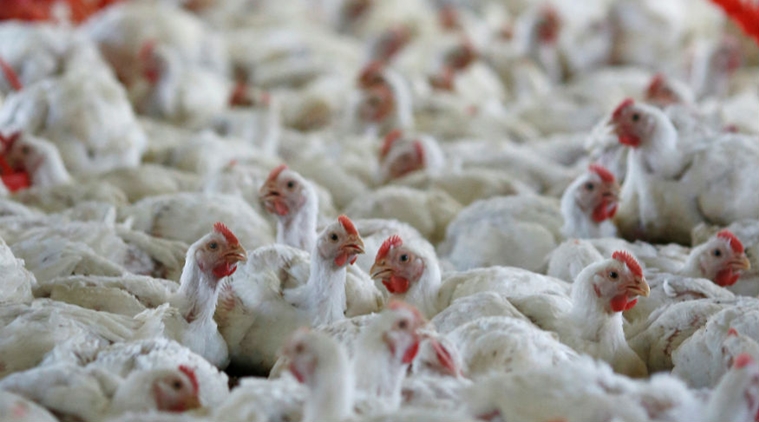
Several places across Asia and Europe are reporting severe cases of the avian influenza outbreak, triggering fear of human transmissions. Here is everything you need to know about the bird flu outbreaks and how they will affect humans.
What is bird flu? How does it affect humans?

Avian influenza, commonly known as bird flu is a highly infectious severe respiratory disease in birds. The disease is generally caused by the H5N1 influenza virus and is also known for infecting humans. However, there are several strains of the type A virus such as H7N9, H7N7, H8N2, etc. According to experts, humans are not infected by the virus by consuming poultry products. However, the virus spreads to humans like all other influenzas-through salivae, dropping, and nasal secretions of the infected birds.
Reports from the World Health Organisation (WHO), noted a total of 863 human infections globally between January 2003 and July 8, 2021. Out of them, 456 were fatal. Last year’s last case was reported on October 31, 2020, in Laos.
More on the avian influenza outbreak
Nations across Asia and Europe are reporting cases of avian influenza to the World Organisation for Animal Health (OIE). A South Korean poultry farm in Chungcheongbuk-do reported a massive outbreak. Over 770,000 animals, slaughtered to control the outbreak. Similarly, 189 birds in Rajasthan, India died due to the H5N1 virus. Japan reported its bird flu outbreak for 2021’s winter in the northeastern region for the H5N8 serotype. Norway, Europe reported an outbreak in a flock of 7,000 birds in the Rogaland region.
According to local media reports, China has reported 21 human infections of the H5N6 subtype this year. And reports reveal that this the more than the ones reported in 2020. Additionally, India reported its first human transmission case in July 2021 after an 11-year-old boy died. The boy was also undergoing treatment for pneumonia and leukemia at AIIMS Delhi.
